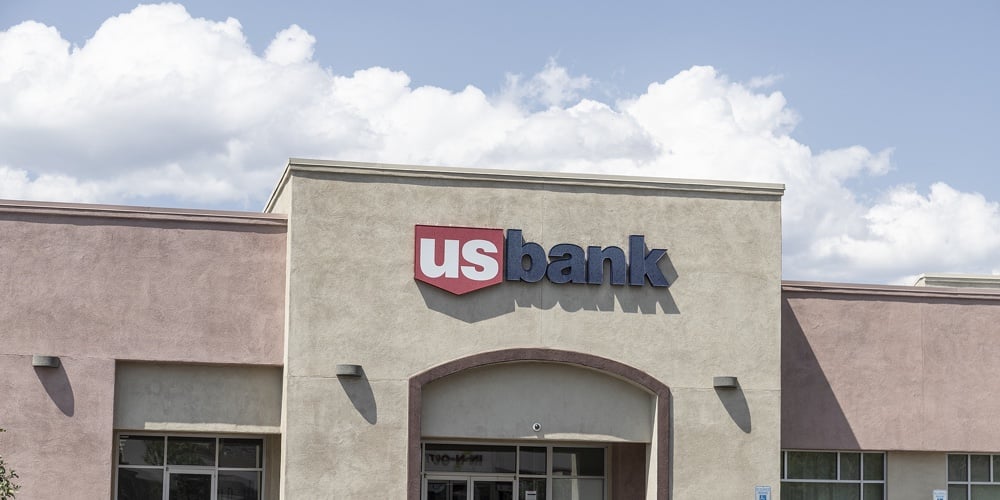Another large bank fined millions for sham accounts

The Consumer Financial Protection Bureau (CFPB) recently announced a consent order with U.S. Bank, a Minnesota based bank with $559 billion in assets. According to the CFPB, U.S. Bank “issued credit cards and lines of credit and opened deposit accounts for certain consumers without their knowledge and consent and without required applications and disclosures…”
Does this sound familiar? It seems like only yesterday that Wells Fargo made national headlines for opening accounts without consumers’ knowledge or consent, which ultimately resulted in a $100 million fine from the CFPB, as well as a $3 billion settlement with the Department of Justice. You might remember that the Wells Fargo scandal involved a situation in which employees opened fake accounts for customers in order to meet internal sales goals and to receive bonuses.
The consent order against U.S. Bank alleges a similar set of facts – the CFPB’s press release states that: “U.S. Bank imposed sales goals on bank employees as part of their job description and implemented an incentive-compensation program that financially rewarded employees for selling those products and services.” The consent order alleges that these sales goals and incentives are what motivated U.S. Bank employees to open the sham accounts. The consent order details how U.S. Bank had a points-based system in which different products received different points amounts – allegedly based on how much money the products earned for the bank – and the points factored into employee’s performance evaluations and incentives-based compensation. Interestingly, the consent order states that this conduct occurred from 2010 until 2020, which means U.S. bank allegedly continued this behavior for a few years after Wells Fargo had such a public scandal and hefty fines over similar practices.
continue reading »
